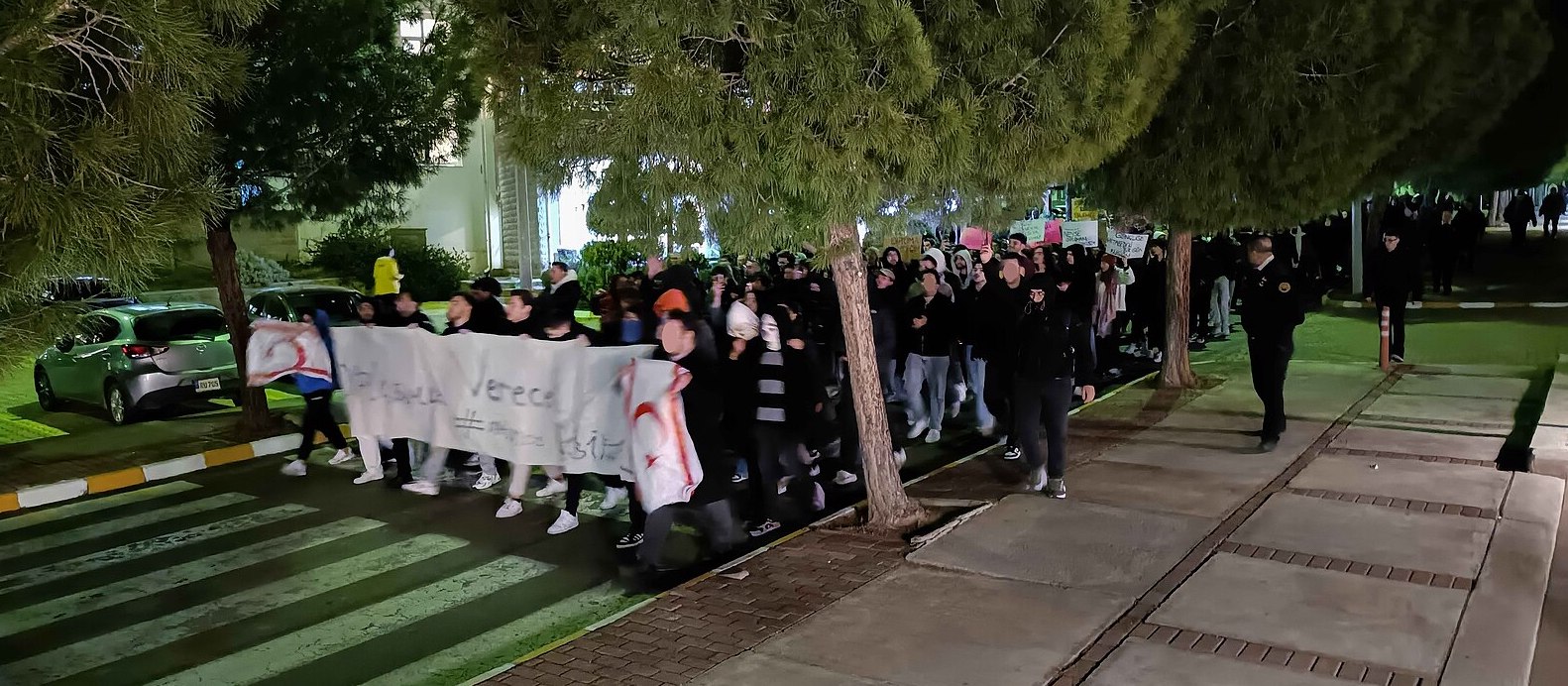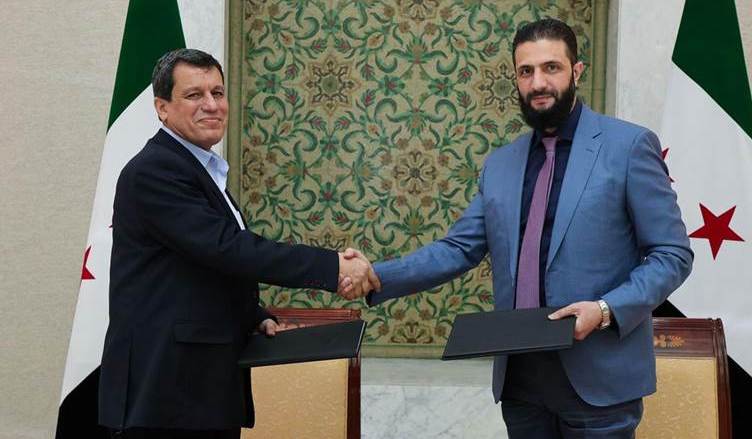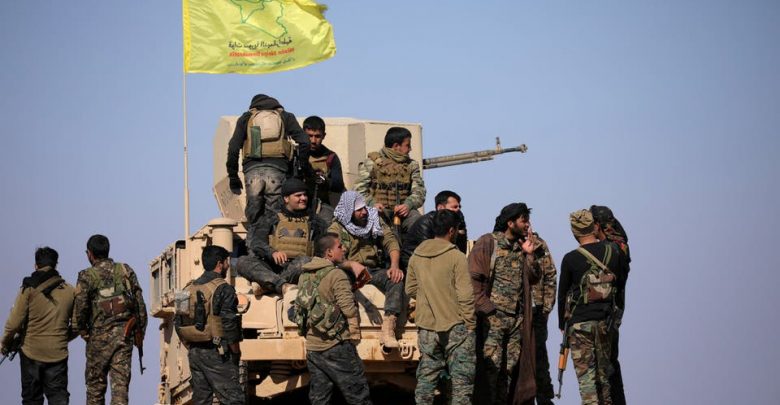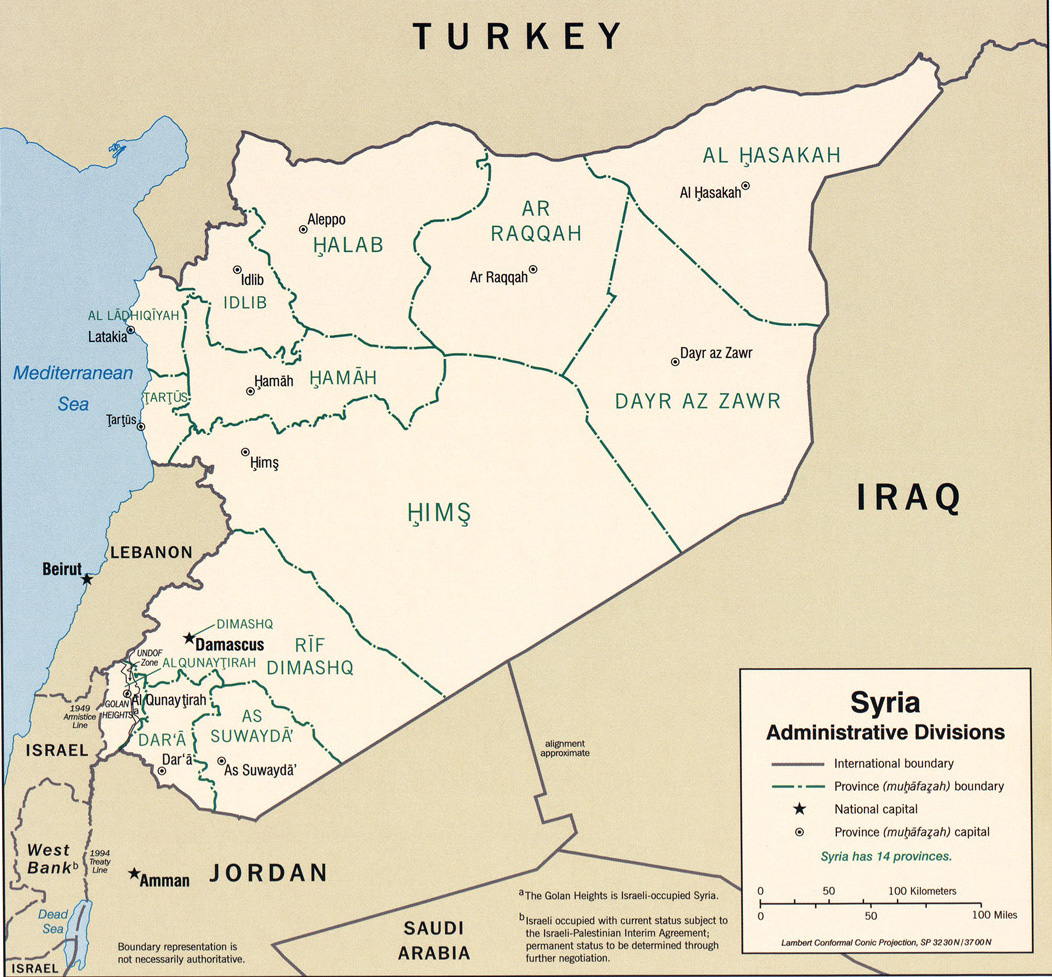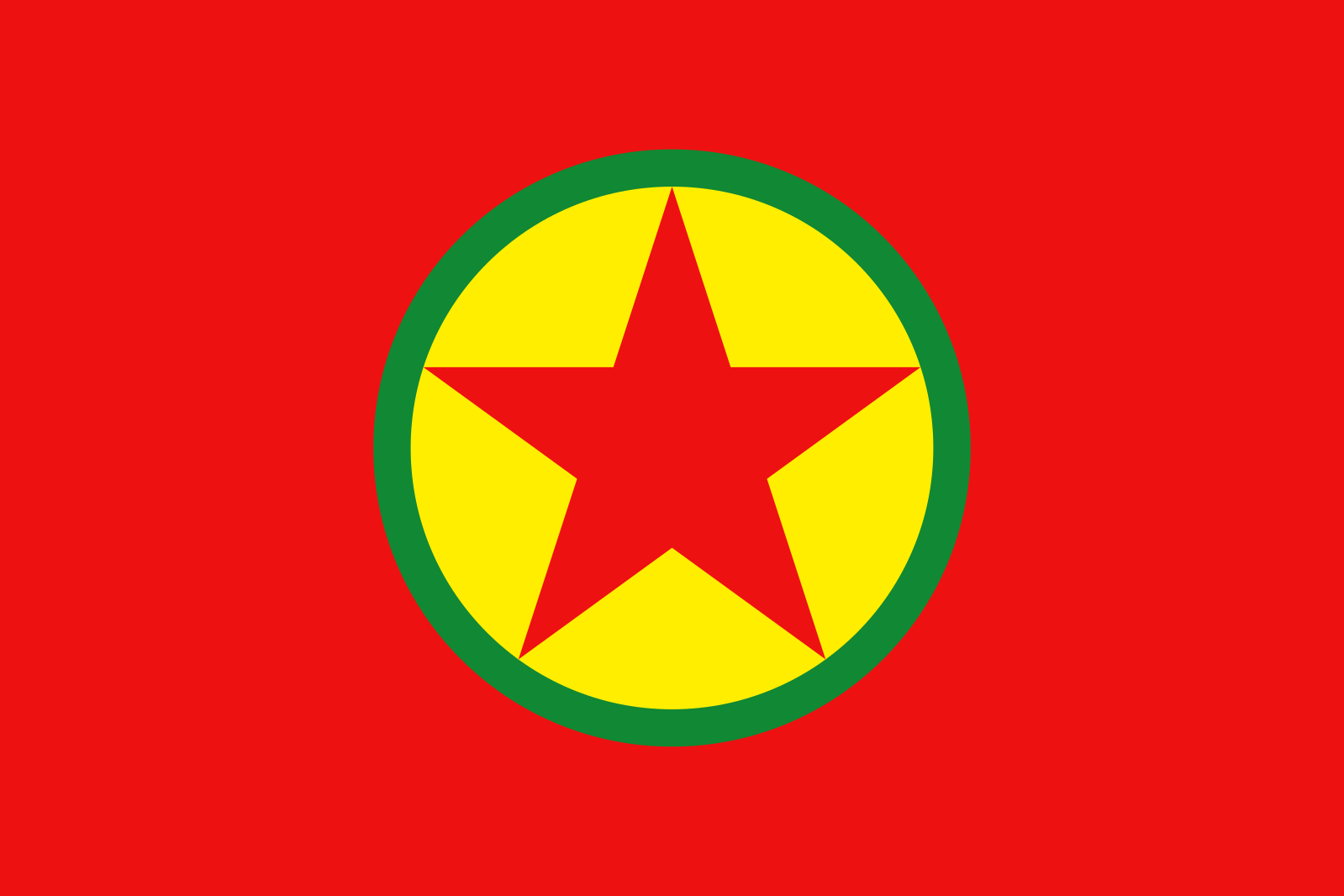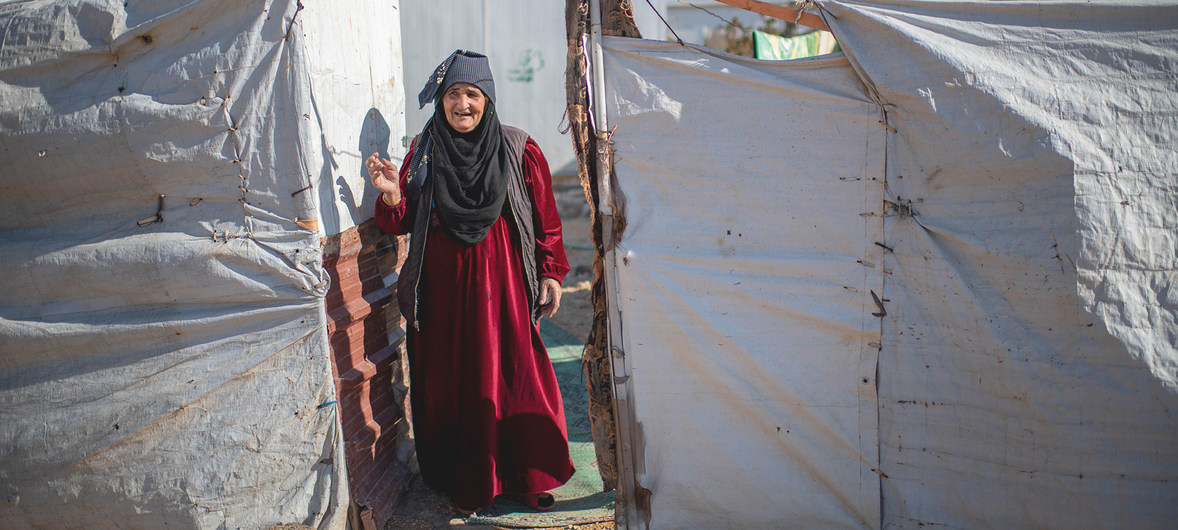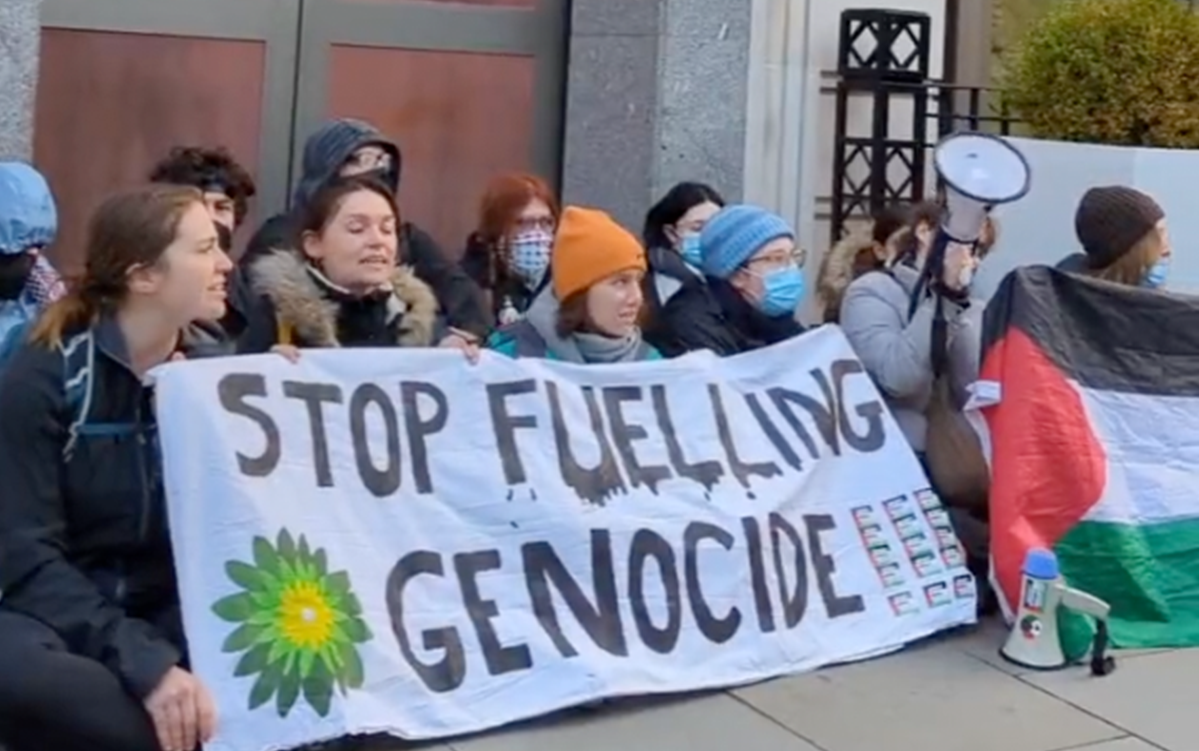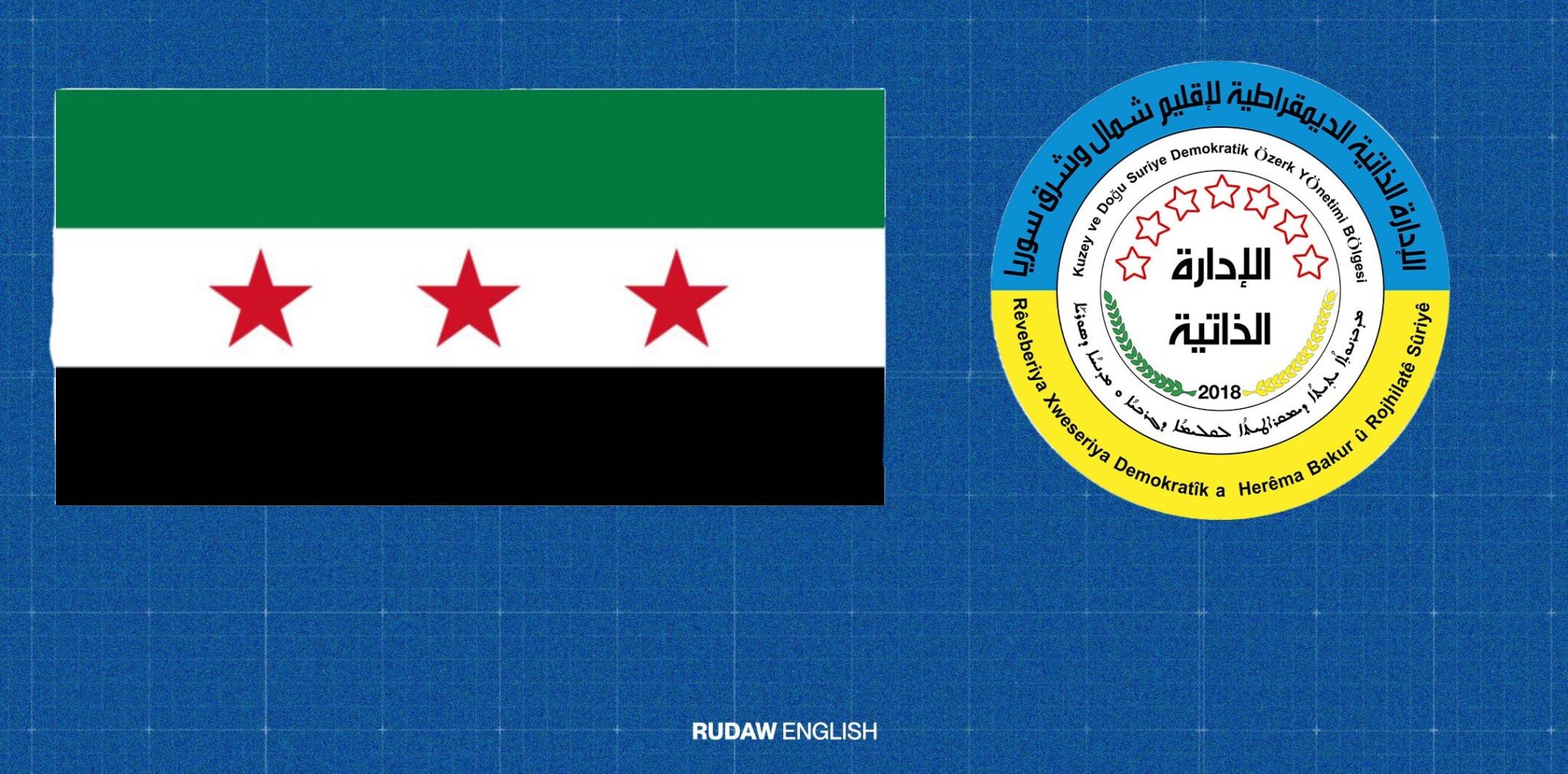
Israel, Turkey turn Syria into chessboard
The Israeli military carried out air-strikes on several sites in Syria—including Tiyas airbase, also known as T4, and Palmyra airbase, both in Homs province. The interim government in Damascus called the strikes “a blatant violation of international law and Syrian sovereignty.” Israeli Defence Minister Israel Katz responded in a statement addressed to President Ahmed al-Sharaa: “If you allow forces hostile to Israel to enter Syria and endanger Israeli security interests—you will pay a very heavy price.” This was a barely veiled reference to Turkey. Local media reports indicate that Turkish forces are preparing to deploy to the T4 and Palmyra bases. Ankara reportedly plans to install Hisar-O and Hisar-U air defense systems and potentially the long-range SIPER system at these locations. The deployment of a Russian-made S-400 system is also under consideration, pending Moscow’s approval. (Image: Pixabay)



